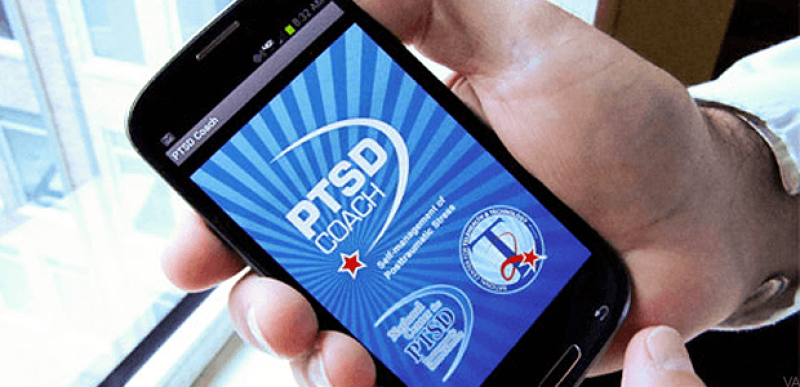Only about 10% of the individuals with mental health issues in the US are getting any sort of treatment that is beneficial to them. So there’s an incredible need across the US and across the world for access to effective interventions.
The need for clinical professionals to help with cases of depression, suicide, and post-traumatic stress disorder far exceed supply. With millions of people left with mental health issues that are often left untreated and undiagnosed, researchers are looking at ways technology could fill in the gaps.
People feel more comfortable, even veterans, feel more comfortable revealing sensitive issues like having PTSD, depression, other mental health issues to a virtual human than a human. There’s no stigma, there’s no judgement, they’re not going to look at you funny, because it’s just a computer anyway.
And mobile apps, chat bots, and virtual reality are allowing for new ways to understand and interact with past trauma.
…
This episode we meet the psychologists and scientists studying how therapy guided by artificial intelligence can help us navigate our own wellbeing.
…
Patients can’t take their therapists home with them, but these apps go anywhere smartphones can.
Read full, original post: How AI is Augmenting Therapy































